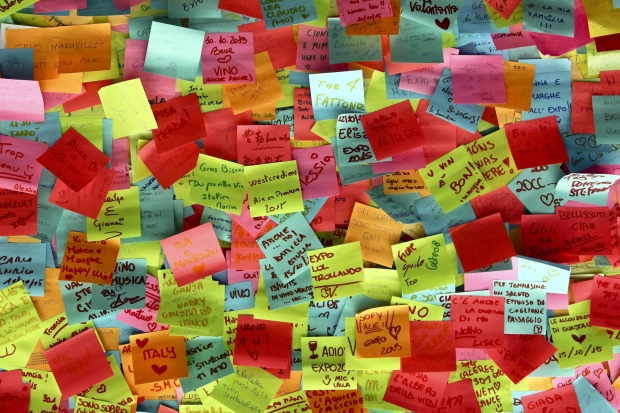I was diagnosed as an adult fifteen years ago. For me, scaffolding for my traits, medication, exercise and education has worked. Not too trendy but I do what works for me. Tried the trendy stuff but that has faded.
External Scaffolding
External scaffolding is a kind of technique that helps to minimize the negative effects of ADHD:
- post-it notes so I can spatially order things
- electronic calendar with alerts to give me time awareness
- landing zones for my keys when I get home so I don’t put them in a random spot
- checklists like keys, phone wallet before I close my car door
- Visually arranging things so I can prioritize and structure like setting my laptop bag on the kitchen chair the night before I go to a meeting where I need it
- Mindfulness techniques to keep my impulsiveness in check. This has kept my mind from “spinning out” and also diffused many angry outbursts
I like the ADD Crusher scaffolding techniques:
ADD Crusher – Alternative ADD Treatments Natural ADD Remedies
Medication that works for me, I have tried different kinds. I currently use stimulant medication. There are examples of good and bad uses. It ends up being a lot cheaper than medicating with Starbucks’s.
Exercise especially aerobic and exciting. I ski, mountain bike and skateboard. I also practice martial arts.
Education on current understanding of the disorder and what is and is not valid. Not everything on the internet is correct and knowing how ADHD works helps filter out the disproved or just plain wrong. There are some very popular beliefs and models out there that overlook the true disorder.
Those studies get caught up on the manifestations of symptoms or statistics of a study group that are biased towards certain behaviors. It is probably a part of why you posted this question. An example of these studies or methods over emphasize learning difficulties or addiction in ADHD overlooking day-to-day strategies.

